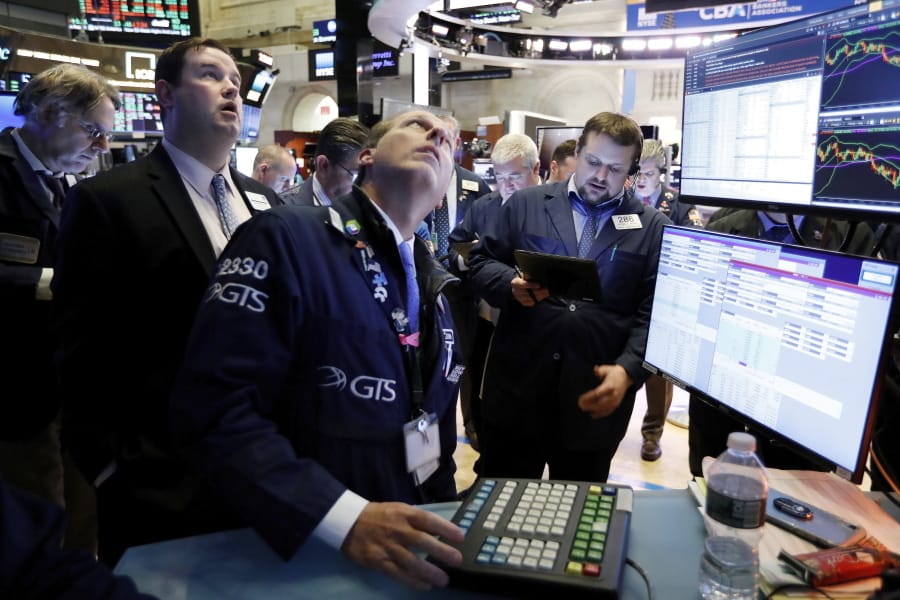Banks led a slide in U.S. stocks Tuesday as a virus outbreak in China rattled global markets, prompting investors to shift assets into bonds and defensive sector companies.
The sell-off snapped a three-day winning streak by the S&P 500. The benchmark index ended last week at an all-time high.
The selling in U.S. stocks followed losses in Asian and European markets as investors worried that the new coronavirus spreading in the world’s second-largest economy could hurt tourism and ultimately economic growth and corporate profits.
Six people have died, and 291 have been infected in China, just as people there were preparing to make billions of trips for the Lunar New Year travel season. And a U.S. citizen who recently returned from China was diagnosed with the new virus in the Seattle area, making the U.S. the fifth country to report a case, following China, Thailand, Japan and South Korea.



